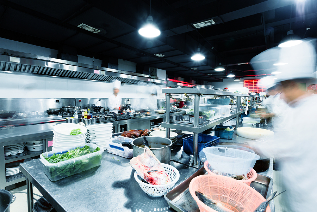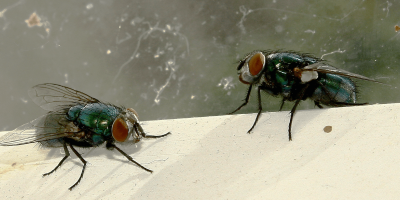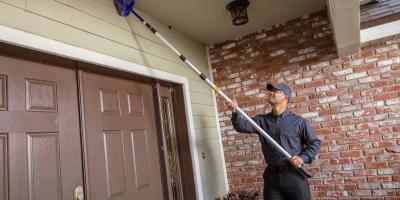Does Your Business Have a Kitchen? Are You Following these Regulations and Guidelines?

Commercial kitchens must respect and follow many sanitation guidelines. Pest management regulations include restrictions of certain pesticides on location because of concerns associated with chemicals entering food products. Managing pests in a commercial kitchen requires professional service providers that are experts when it comes to these regulations. They can make management recommendations following these guidelines to resolve problems. The following regulations should be observed when protecting your commercial kitchen from pests:
Inspect Key Breeding Areas
Pest professionals will thoroughly inspect the dark and hard-to-access areas that are often overlooked by kitchen staff. They will inspect damp areas, such as sinks and dishwashers, as well as the area underneath refrigerators and cooler doors where small flies are likely to congregate. Experts will also examine drains in bars and food prep areas as well.. Flies are a common issue in commercial kitchens and can result in food contamination. Pests also tend to accumulate wherever food debris build up, such as food storage or trash areas. Pest management professionals will also inspect the exterior of the facility for potential entry points, such as holes, cracks, and heat sources.
Strong Prevention Strategy
Programs will differ between different pest management companies , but most will incorporate a strong prevention strategy into the overall protection plan. This involves sealing cracks and gaps and placing mesh over open drains or vents. Professionals know where to look for common entry points of various pests and the ideal methods of exclusion. When professionals are not present, make an effort to watch for potential pest entry points and block them off.
Using Appropriate Control Products
In commercial kitchens, pest control professionals should use some types of control products in or around food preparation areas. Experts can recommend a specific mixture of pest control products safe to use in the kitchen.
Keep Surfaces Sanitary
You must regularly scrub key areas, such as splash boards, preparation areas, equipment, and drains, as part of Integrated Pest Management.
Limit Moisture Sources
Professionals recommend eliminating moisture sources wherever possible by repairing drainage issues and leaky pipes. Damp areas promote the presence of unwanted pests.
JP Pest Services is dedicated to solving commercial pest problems. Our service professionals understand the specific regulations and requirements of the numerous different types of commercial industries we provide service for. We offer free staff training for anyone looking to give their employees the resources and knowledge needed to help not only lessen the effects of pest issues, but also to prevent them all together. Request your free consultation today for a thorough examination of your business location and a pest control program tailored to your specific needs.



